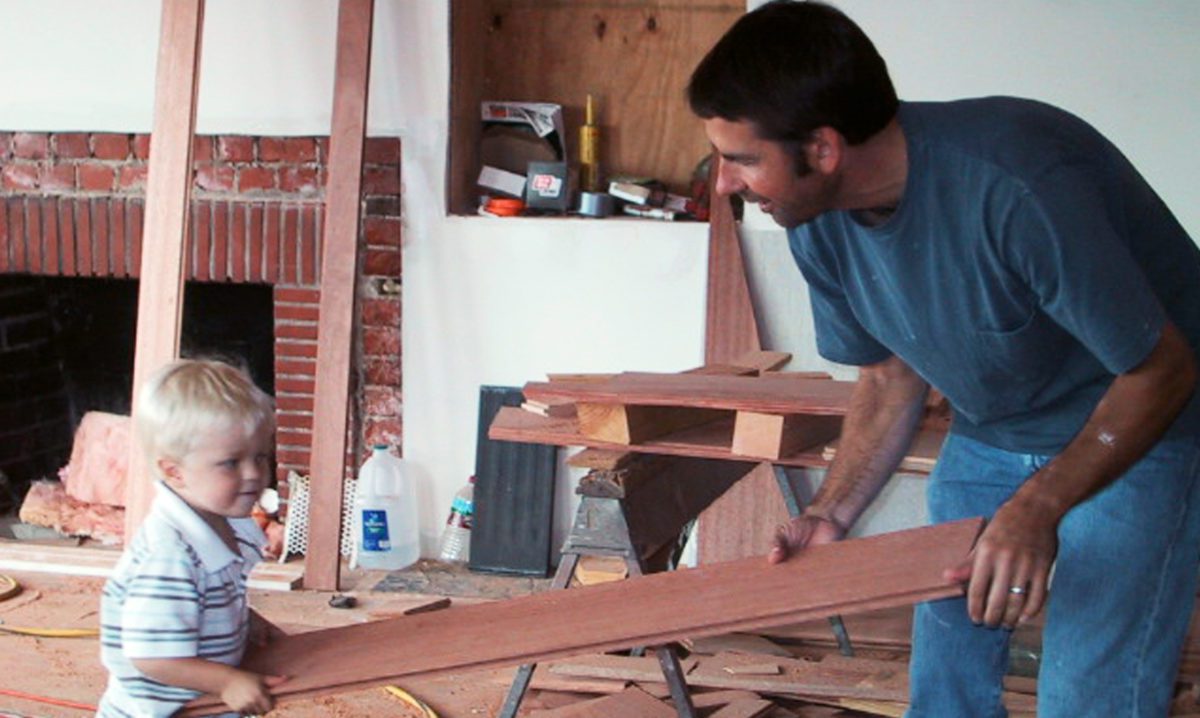Joe Jenkins, a licensed flooring and general contractor in California, and husband of skillsgapp co-founder Cynthia Jenkins, sits down with skillsgapp to discuss his career in the skilled trades.
SKG: When did your journey into the trades start?
JJ: The day after I graduated high school, literally. My parents said, ‘You’re 18 now. Go find your way.’ So I drove to Colorado where a friend was a flooring contractor and started laying carpet.
SKG: Had you any experience or training before that?
JJ: No, I waited tables after school like most of us in those days. But there wasn’t really a future in that for me. Or anywhere, it felt like. I had barely graduated high school due to a learning disability, so I just went where opportunity took me.
SKG: So it was a default.
JJ: Back then construction was always considered a default. If you’re not a doctor, lawyer, or accountant, you’re a laborer. There was no high school curriculum offered in skilled trades back then, so it was clearly a Plan B.
SKG: How did you move from flooring to building?
JJ: I came back to California, got licensed and started my own flooring company with a showroom, crews and an office staff, which I ran for about ten years. And then I found I loved building, so I took classes, got licensed and “started over”, so to speak, and currently run a small, successful residential remodel business in Orange County, CA.
SKG: What would you tell kids who are considering a career in skilled trades?
JJ: Do it! I, personally, can’t find good, new talent and I know I’m not alone. This next generation solves problems differently than mine, they see things we don’t, they leverage resources we can’t, especially digitally.
SKG: There are a few barriers for this next generation to consider a career in skilled trades – stigmas about compensation, quality of life, trajectory for growth. How would you respond to that?
JJ: Having a skill that the general public doesn’t have, but needs, is a pretty good position to be in. Plumbers, carpenters, and HVAC techs are making $50-$75 an hour to start right now. They can pick and choose their projects. They can go on vacation. There’s no being tethered to a desk in many of the trades. Or you can be in a more traditional office environment as a project manager, if that’s your preference.
SKG: How would you suggest kids start?
JJ: Just like any career, you need training. Bridges can fall, pipes can burst and roofs can collapse if you don’t. High schools are offering great CTE programs, from CAD to welding to machine shop now. I’d advise trying one of those instead of, maybe, ceramics to fulfill an elective requirement. In my state, BUILD CA also has great resources for apprenticeships, training, and career pathways for those outside of school.
SKG: Last thoughts?
JJ: I married into a family of doctors, lawyers, and accountants with a lot of diplomas on the wall. Who’s the first person they call when they have an electrical, plumbing or foundation issue? Me.
